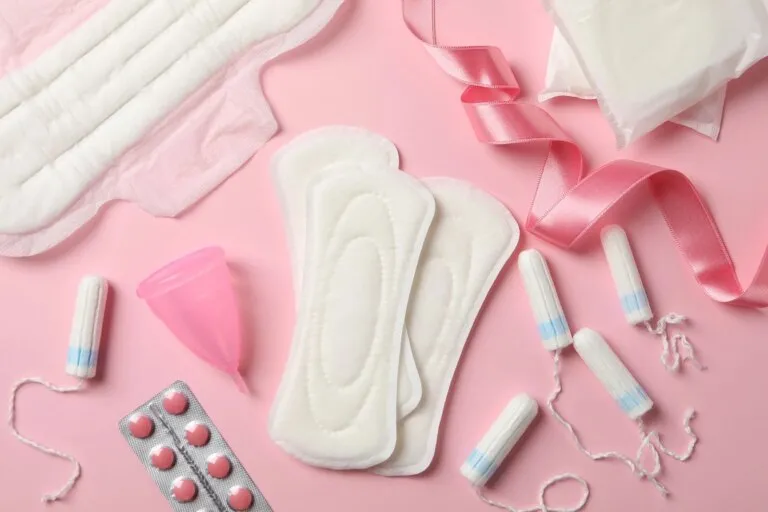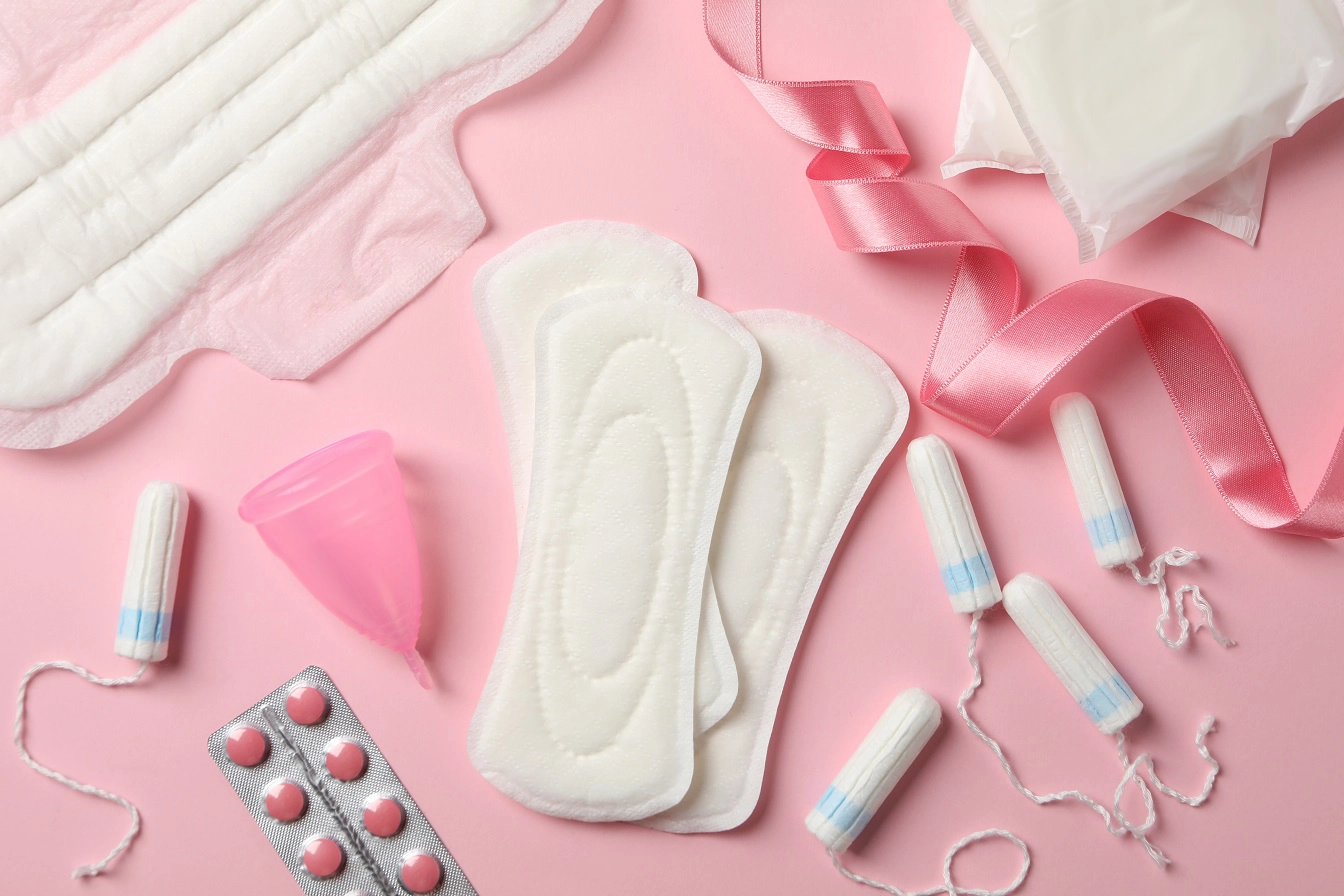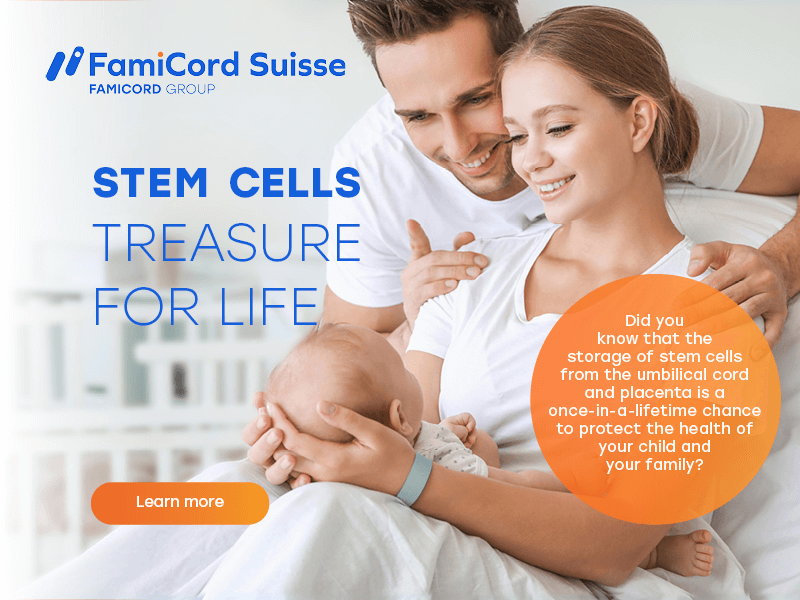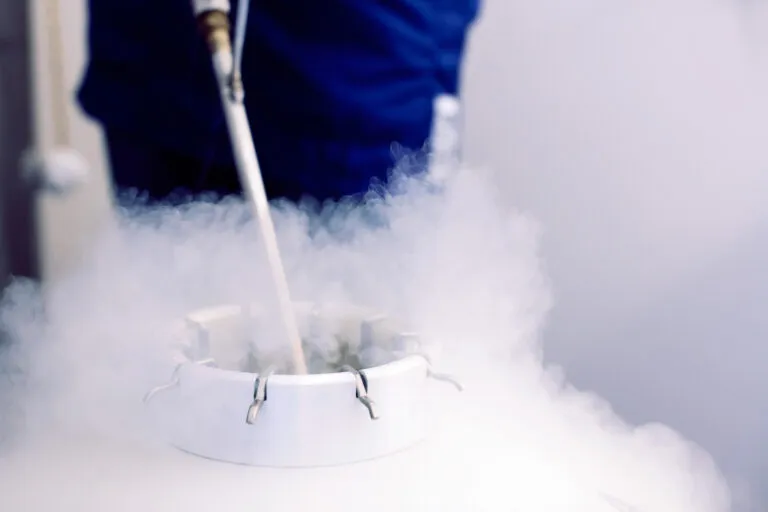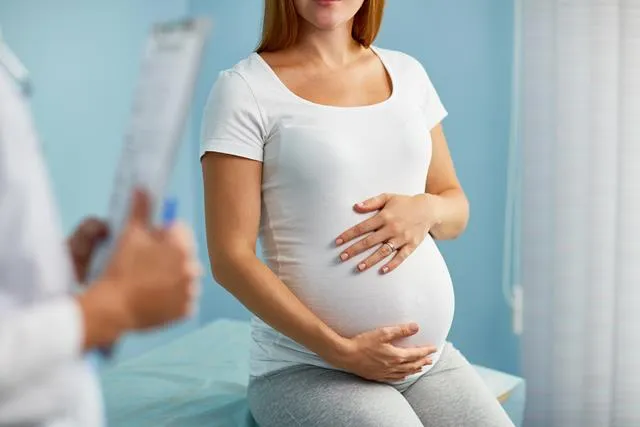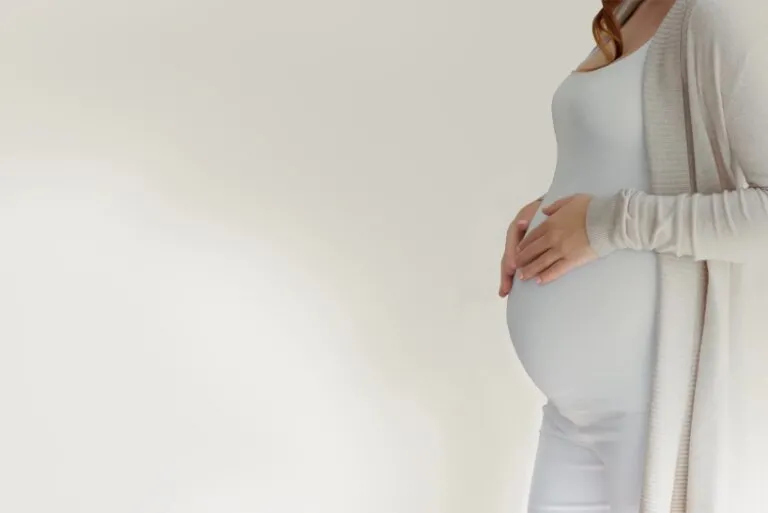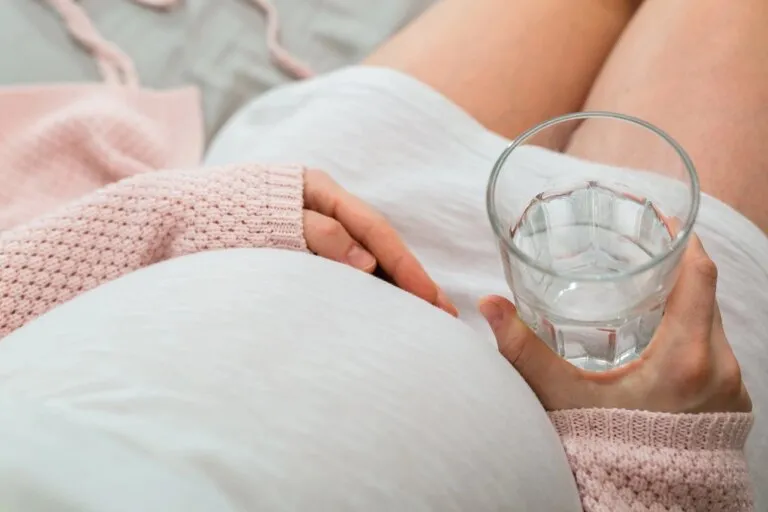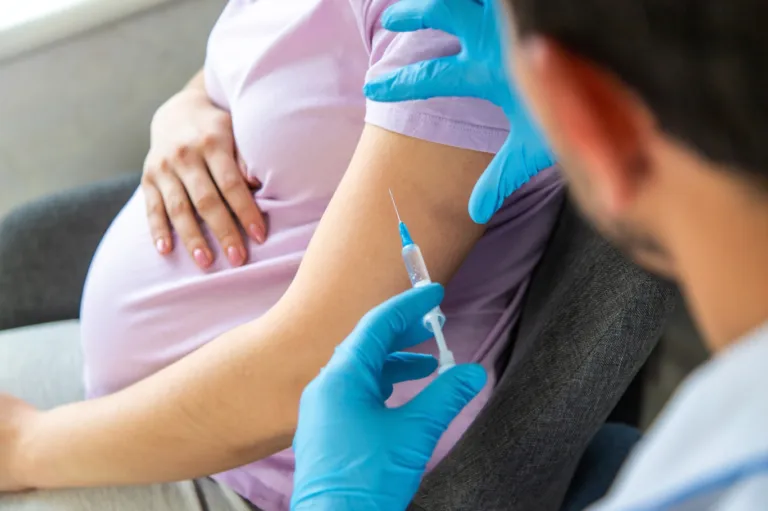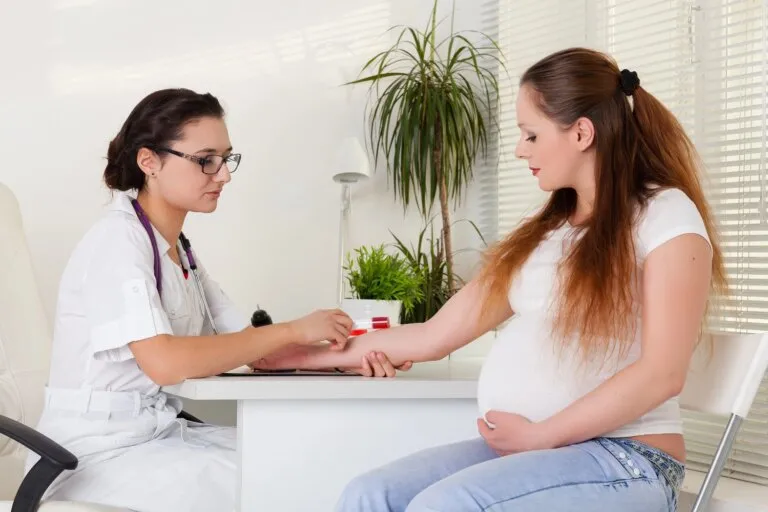Many women wonder when their first menstrual period after childbirth will occur and whether it will be similar to the period before pregnancy. However, there is no clear answer to these questions. Find out whether ovulation after birth always accompanies menstruation and whether breastfeeding is a good way to prevent another pregnancy.
First menstruation after birth – when it occurs
Every woman is different and goes through the postpartum period differently, as the body returns to its pre-pregnancy state at its own pace. For this reason, it is difficult to determine when the first menstrual period after birth occurs. It is assumed that it does not occur in the puerperium, i.e. in the first 6-8 weeks after the birth of the child. If the bleeding occurs during this period, a doctor should be consulted urgently. This is because the bleeding may be related to the remains that are in the uterine cavity after the birth. A lot depends on whether the woman breastfeeds her child. The longer she breastfeeds regularly, the later menstruation starts in most cases. For some mothers, the period does not even return until a year after the birth. This depends, among other things, on the high prolactin level in the breastfeeding woman’s body. However, sometimes menstruation can also occur when exclusively breastfeeding a baby, which is of course no obstacle to continuing to breastfeed the baby.
First menstruation after birth – is it different from before?
Menstruation after childbirth can look the same as before or be different from before pregnancy. It is an individual matter for the woman concerned. Until recently, it was assumed that childbirth “cures” heavy and painful periods. However, this is not the rule. Periods can also be irregular after birth, especially if a woman is still breastfeeding her baby. However, if something worrying occurs, it is worth seeing a gynaecologist. If the period is missed, a pregnancy test is recommended.
First menstruation after delivery – Ovulation after delivery
Many people believe that the absence of menstruation after birth is the same as the absence of ovulation. Some consider breastfeeding to be “natural” contraception. However, it must be remembered that a high level of ovulation-blocking hormones only persists with regular and exclusive breastfeeding. Therefore, breastfeeding cannot be considered a method of protection against further pregnancy. This is particularly important after a caesarean section, when further pregnancy is discouraged in the immediate vicinity of delivery. The recommended contraceptive method for breastfeeding women includes the single-agent pill, but it is worth asking your gynaecologist about the best method for you.



